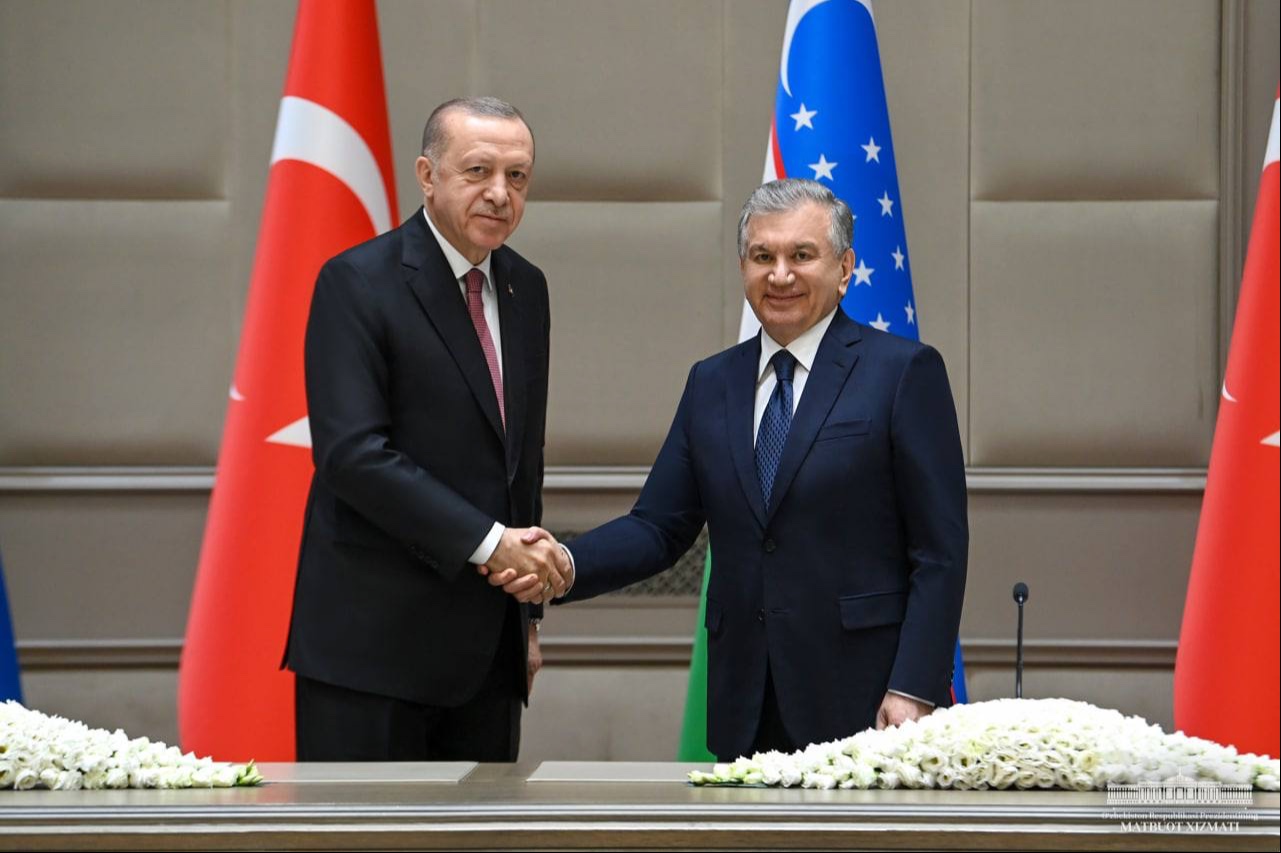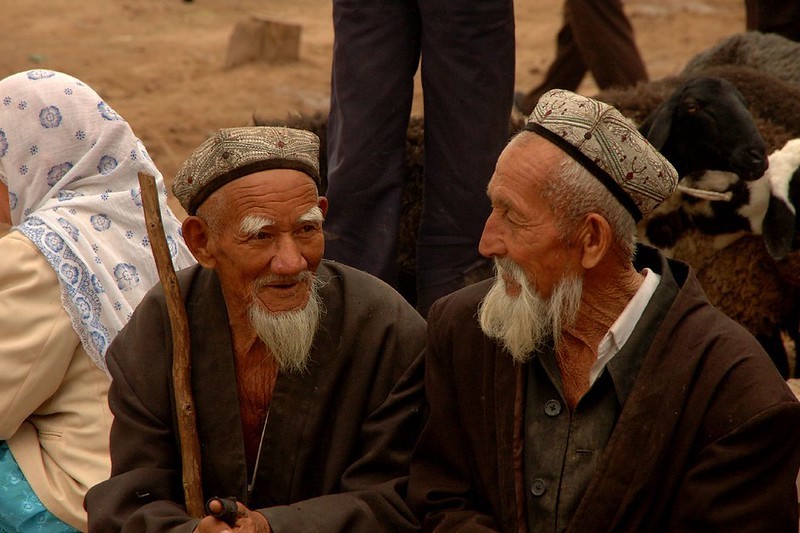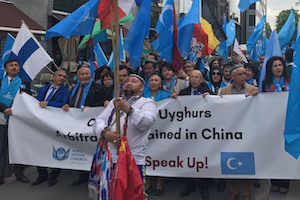New Turkey-Uzbekistan Strategic Partnership Accelerates Turkey’s Rise as a Eurasian Agenda-Setter
By Michaël Tanchum
June 8, 2022
The March 2022 elevation of the Turkey-Uzbekistan relationship to a “Comprehensive Strategic Partnership” provides the Ankara-led Organization of Turkic States with a new geopolitical heft. To preserve its autonomy in the face of Beijing's growing regional dominance, Tashkent has turned to Ankara to act as countervailing force in both economic and security affairs. Combined with the expanding Turkey-Pakistan strategic partnership, this makes Turkey a rising Eurasian agenda setter that will impact the strategic calculus of both Beijing and Washington.

Has Turkey Outfoxed China in Azerbaijan to become a rising Eurasian power?
By Michaël Tanchum
January 19, 2021
Turkey's decision to provide an unprecedented level of military assistance to Azerbaijan empowered Baku to achieve a resounding victory in the 2020 Nagorno-Karabakh War, changing the geopolitical rules of the game in the South Caucasus. Moreover, the war has enhanced Ankara's ability to project its influence in Central Asia. Benefiting from its inclusion in the Chinese-led BRI network of connectivity across Central Asia, Turkey may have outfoxed China in Azerbaijan to become a rising Eurasian power. Although Russia now has to tolerate the presence of Turkish troops on Azerbaijani soil, China may be the big strategic loser in the war's outcome.

Has Turkey Abandoned the Uighurs?
By Sudha Ramachandran
November 11, 2020
Turkey’s relations with China have undergone a sea change in recent years, with deepening bilateral cooperation. Ankara’s economic dependence on China and thus susceptibility to its pressure is rising, and it has led to a shift in Turkey’s policy towards the Uighurs, China’s Turkic minority. Turkey’s decades-old policy of supporting the Uighurs is changing; it is no longer the safe haven it once was for Uighurs fleeing Chinese repression and Turkey is reportedly deporting them to China. The Uighurs risk losing their strongest, if not only, supporter in the Muslim world as China’s role in Turkey’s economy continues to expand. The shift in Turkey’s stance toward the Uighurs is likely to be permanent. It ultimately speaks of the primacy of economic concerns over nationalism.

Turkey's Strong Rebuke of China's Uighur Policy Reveals Inherent Limit of Sino-Turkish Cooperation
By Micha’el Tanchum
February 20, 2019
Turkey's recent stern rebuke of China's treatment of its Turkic Muslim, Uighur minority constitutes a stunning policy reversal by Ankara after more than three years of accommodating Beijing's policies in Xinjiang province. The Turkish government's belated condemnation of China's internment camps in Xinjiang was prompted by an erroneous claim of the death in detention of a revered performer of Uighur traditional music. The timing was also motivated by the mounting pressure ahead of Turkey's March 31stelections from growing Turkish nationalist outrage over the Uighur's plight. Ankara's reversion to the nationalist line on Xinjiang reveals the inherent limit of Sino-Turkish cooperation, as Turkish nationalism's core element of Pan-Turkic solidarity poses an enduring threat to Beijing's vital interests in Xinjiang and its strategic ambitions across Turkic Central Asia..

Turkey is Expecting a Restart with the U.S.
By Halil Karaveli
January 23, 2017
The Kurdish question has, once again, complicated Turkish-American relations. The rhetoric of anti-Americanism remains useful to whip up and mobilize nationalist opinion. Yet, Erdoğan’s Islamists are not any aspiring anti-imperialists. What they want – and what they expect that Turkey is now going to get – is simply a better “business deal” with the United States under Donald Trump.




